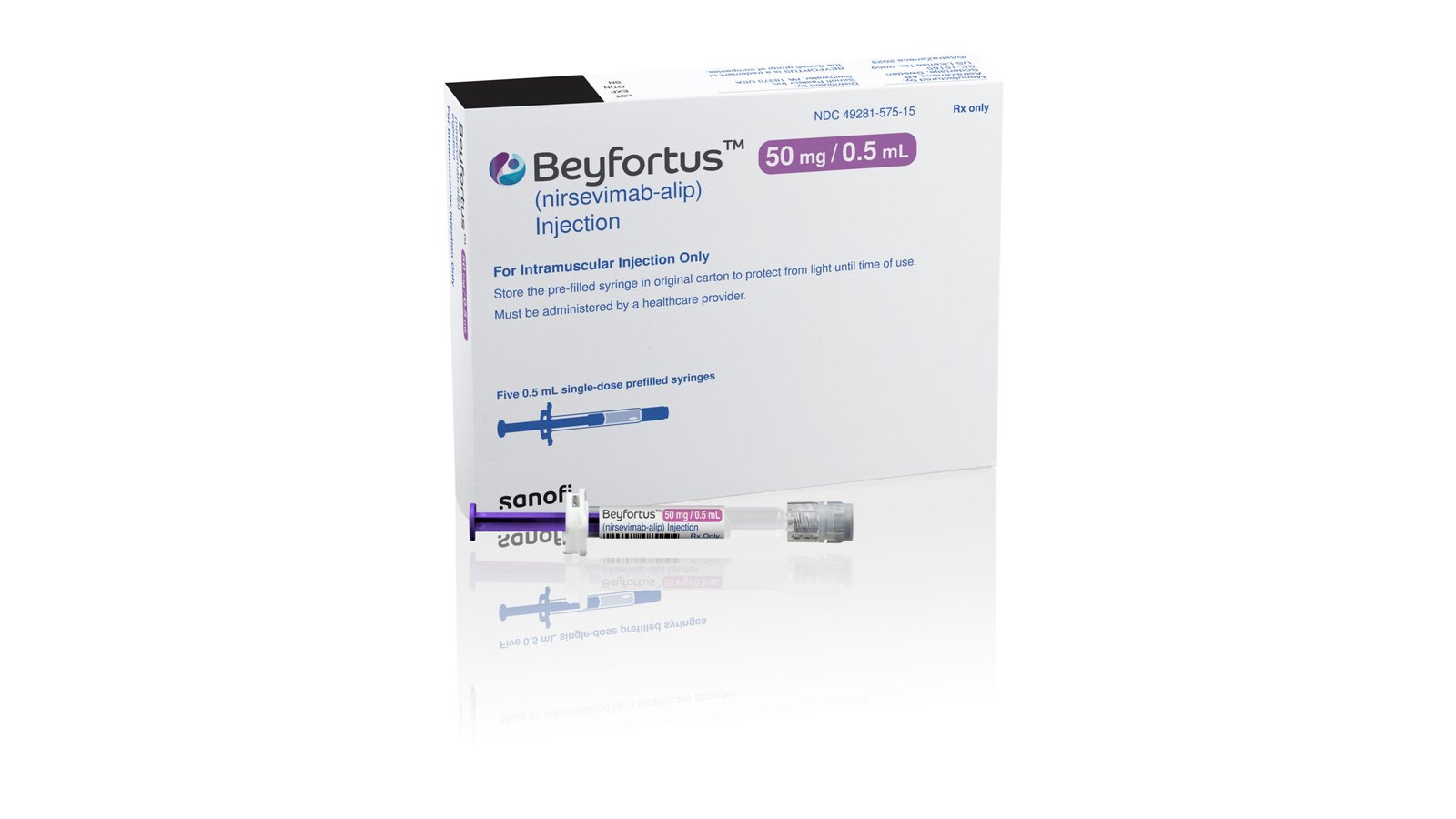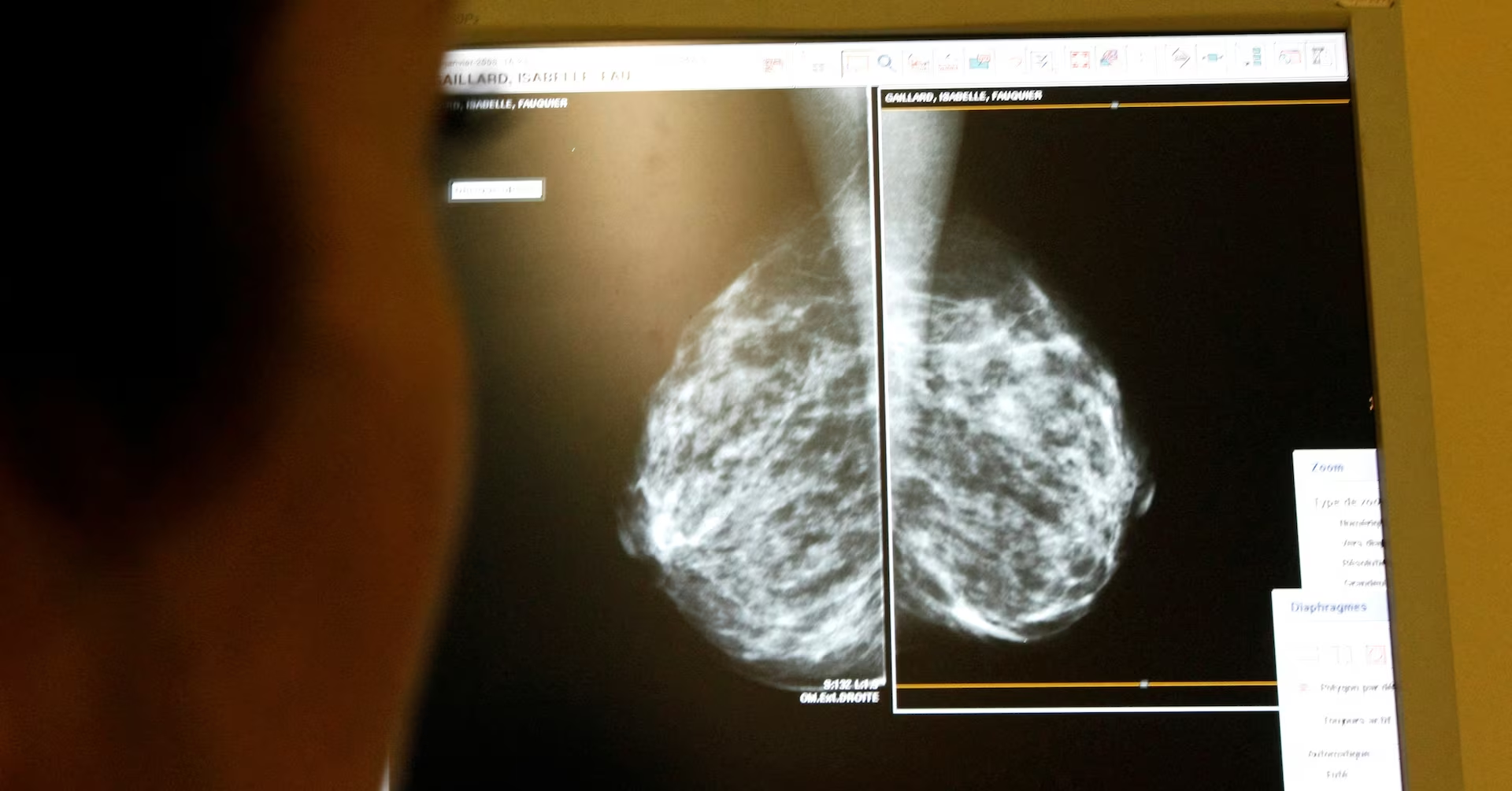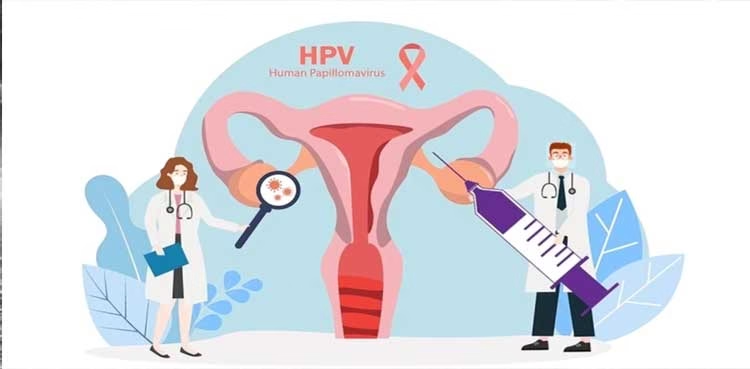A recently approved monoclonal antibody, Beyfortus, developed by AstraZeneca and Sanofi, has shown promising results in preventing severe illnesses and hospitalizations from Respiratory Syncytial Virus (RSV) in infants, according to a real-world study of over 8,000 infants under 12 months. The study indicates that Beyfortus, utilizing the active ingredient nirsevimab, is nearly 90% effective at preventing hospitalization and approximately 76% effective at preventing RSV-associated lower respiratory tract infection. Although not a traditional vaccine, Beyfortus is a monoclonal antibody treatment that exposes infants to RSV proteins, preparing their bodies to combat RSV infections. Despite a treatment shortage, experts remain optimistic about its potential impact on reducing RSV-related illnesses in children.
New monoclonal antibody beyfortus demonstrates strong efficacy in preventing severe RSV infections in infants.



